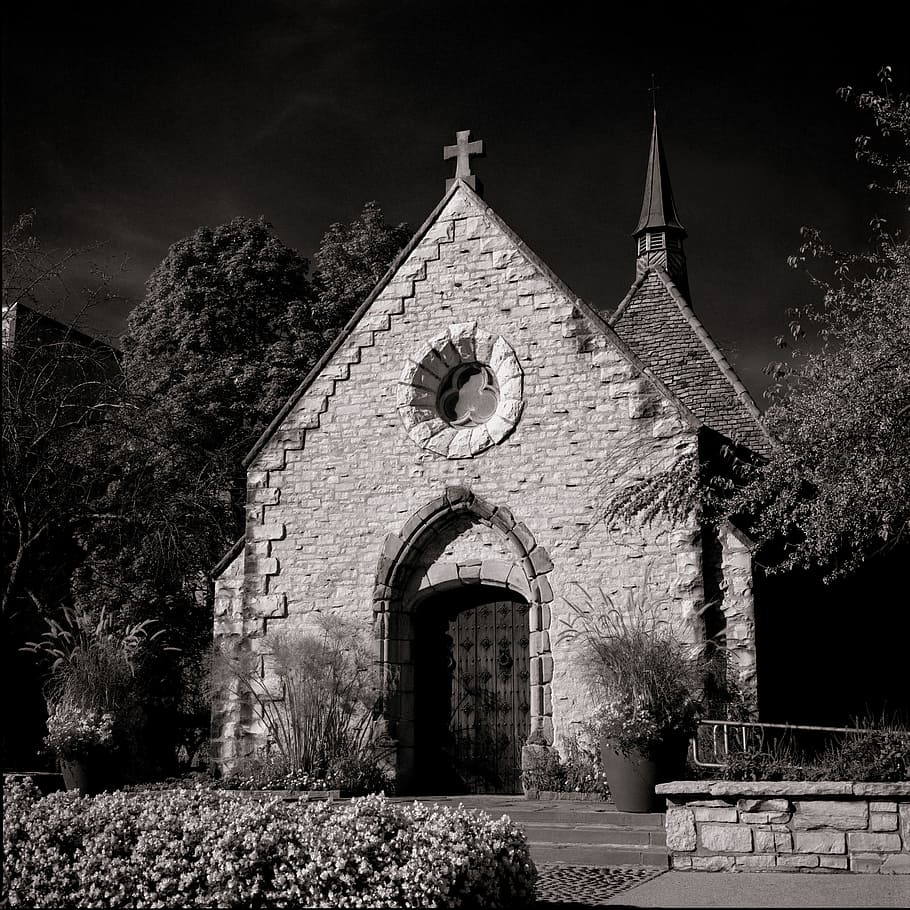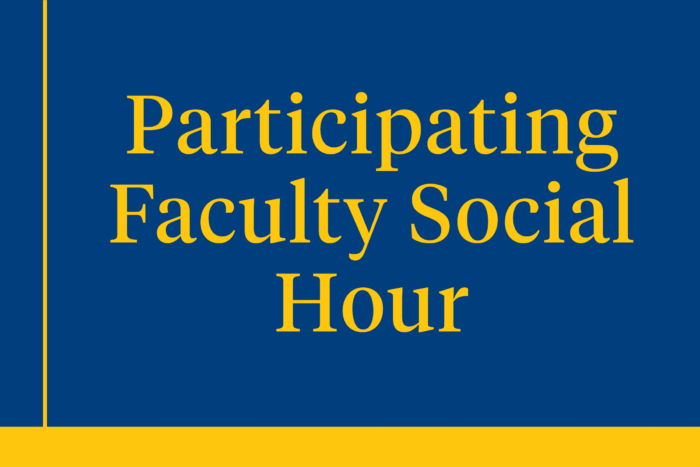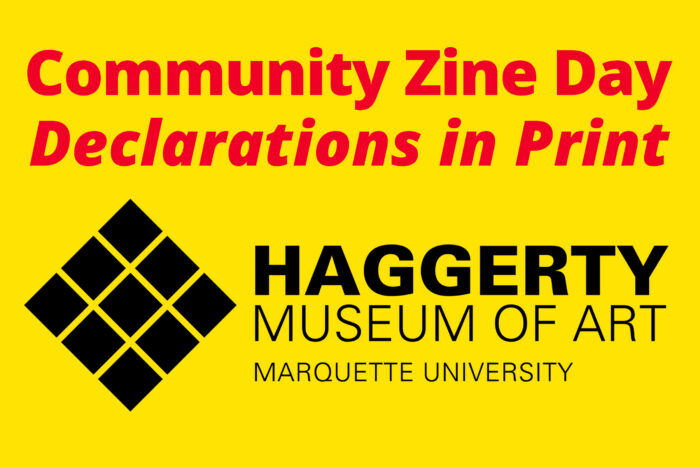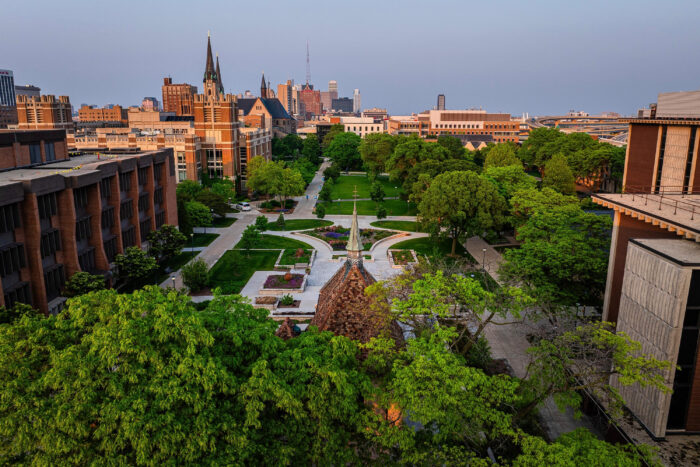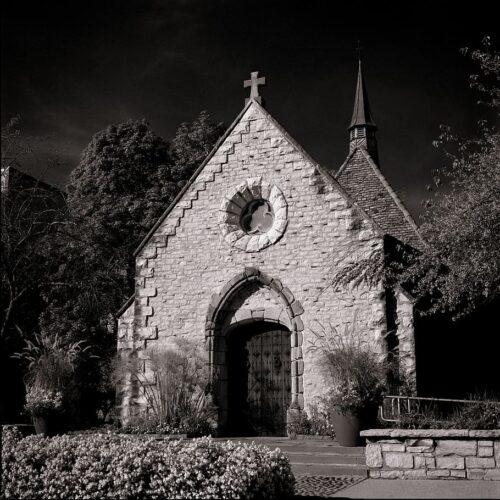
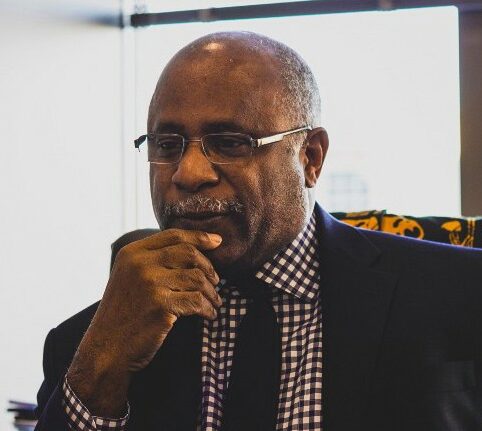
By Dr. William Welburn, vice president for inclusive excellence
“I can’t breathe…”
These are haunting words, especially in the midst of a pandemic that has taken away the breath of more than 360 thousand people worldwide. How do we share our feelings of frustration at a time when we should be together but are so fractured by what Thomas M. Shapiro called toxic inequality, a dangerous conversion of racial and economic inequality?
We are tired, overwhelmed and fearful. The evidence tracking the progress of COVID-19 in the United States has pointed to hot spots among the under-served, especially in black, brown and native communities.
And remote access to education has laid bare our digital divide as students with little or no access to the internet have struggled to keep up with their work.
And then there is George Floyd. A 46-year-old Black Houston native, who reportedly moved to Minneapolis in search of “a better life.”
After being arrested for allegedly passing a counterfeit twenty dollar bill, Floyd lay on the street, his neck pinned under Minneapolis police officer Derek Chauvin’s knee for nearly nine minutes, gasping for air. “I can’t breathe…”
Everything in Minneapolis and across the country seemed to fall apart, perhaps because Floyd’s death comes in the midst of a national pandemic of anxiety — owing as much to the allegations of racism and hate-based crimes as to the latest and deadliest coronavirus.
Right now, I am reading an email from a friend who wonders what she as a mother of a black boy can do to “shield him from the ugliness of the world.” It troubles me that it seems that we as a society are begging for an end to racially-charged violence – physical, mental and emotional – inflicted upon people of color.
As former President Barack Obama tweeted,
“It will fall mainly on the officials of Minnesota to ensure that the circumstances surrounding George Floyd’s death are investigated thoroughly and that justice is ultimately done. But it falls on all of us, regardless of our race or station – including the majority of men and women in law enforcement who take pride in doing their tough job the right way, every day – to work together to create a ‘new normal’ in which the legacy of bigotry and unequal treatment no longer infects our institutions or our hearts.”
What is our charge as a community guided by faith and the pursuit of knowledge? First, we must recognize what higher education leader Damon Williams said in a May 29 webinar on culturally relevant decision-making during COVID-19, “Trauma experienced in our community is at an ever, ever high.” He underscored that trauma transcends our culturally diverse landscape yet is elevated among the most vulnerable in our society. No matter how tough, it is crucial to discern over the brokenness of our society.
Second, we need conversation now more than ever. We should talk out what Dr. Stephanie Rivera Berruz, assistant professor of philosophy, wrote in a March 24 Medium essay, “Human relations are not bookended by death. Death structures our sense of time, of what has and is to come, and as people of color our past is never quite past, and this pandemic will only layer the wake of our pasts that are still very present.”
Although Dr. Rivera Berruz was referring specifically to the COVID-19 pandemic, these words can shape a much-needed conversation moving forward, one that cannot take a summer vacation.
Lastly, conversation should guide us in the coming academic year as we embrace what Pope John Paul II referred to as the “duty of solidarity,” putting our knowledge, expertise, and faith into practice.
Sometimes Twitter can take the pulse of immediate reactions and opinions. One clergywoman that I follow has been at a loss for words today, citing Jeremiah 9:21. Yet I offer these words tweeted by a singer from North Carolina as a prayer for our community:
